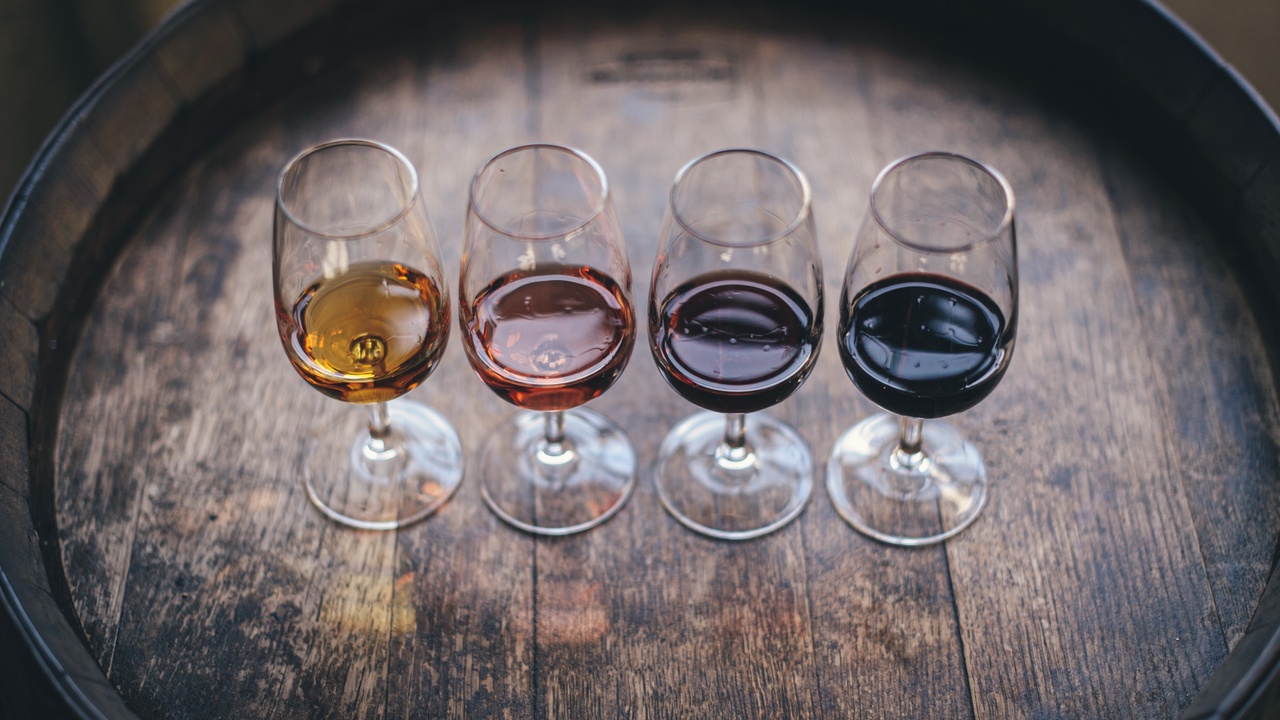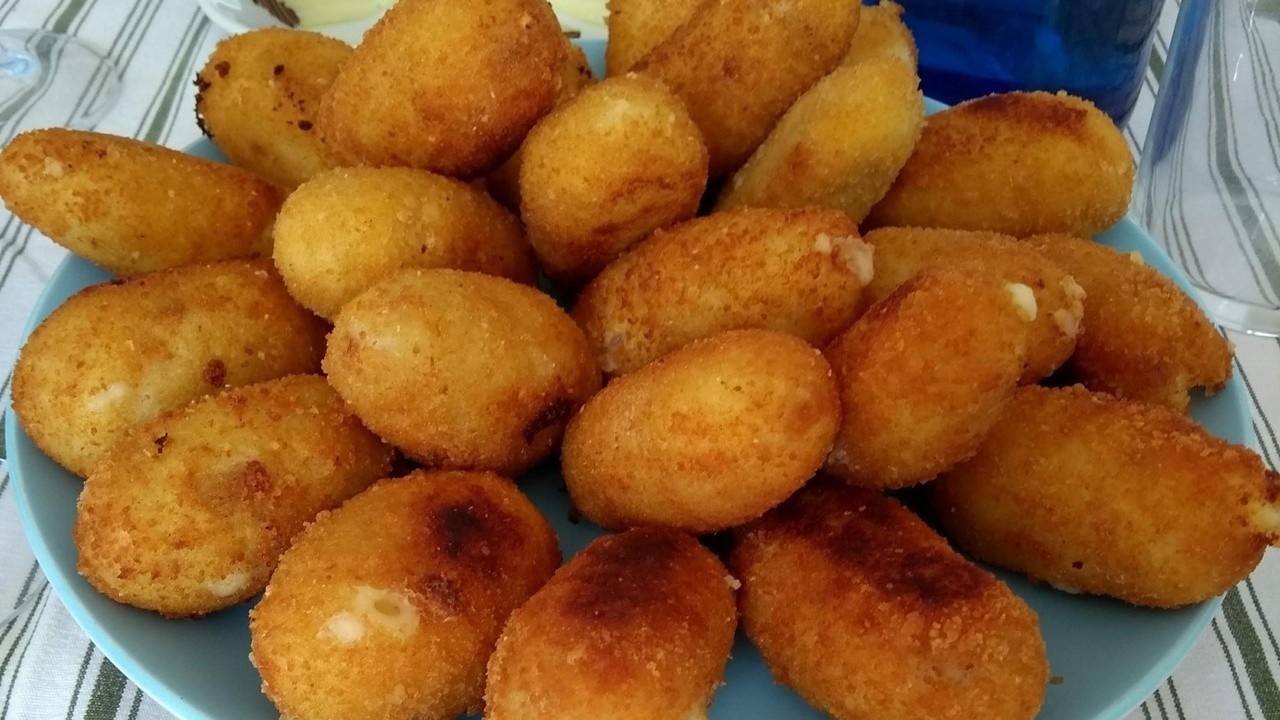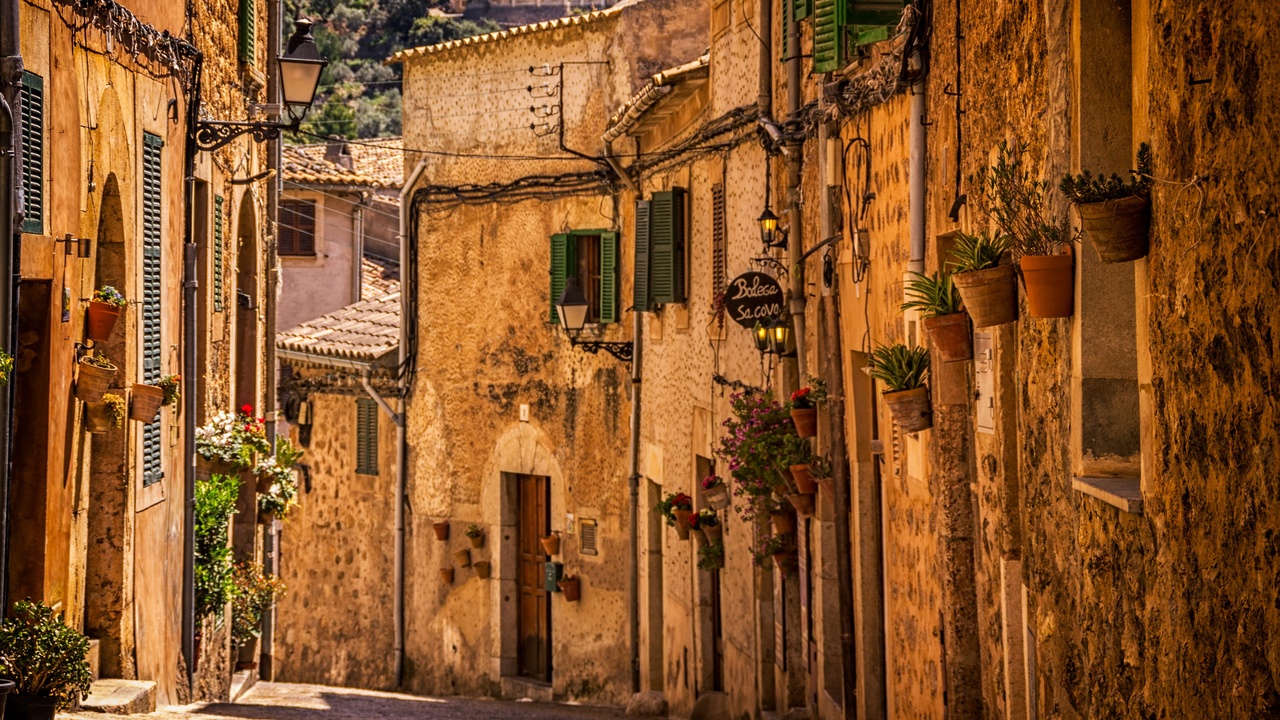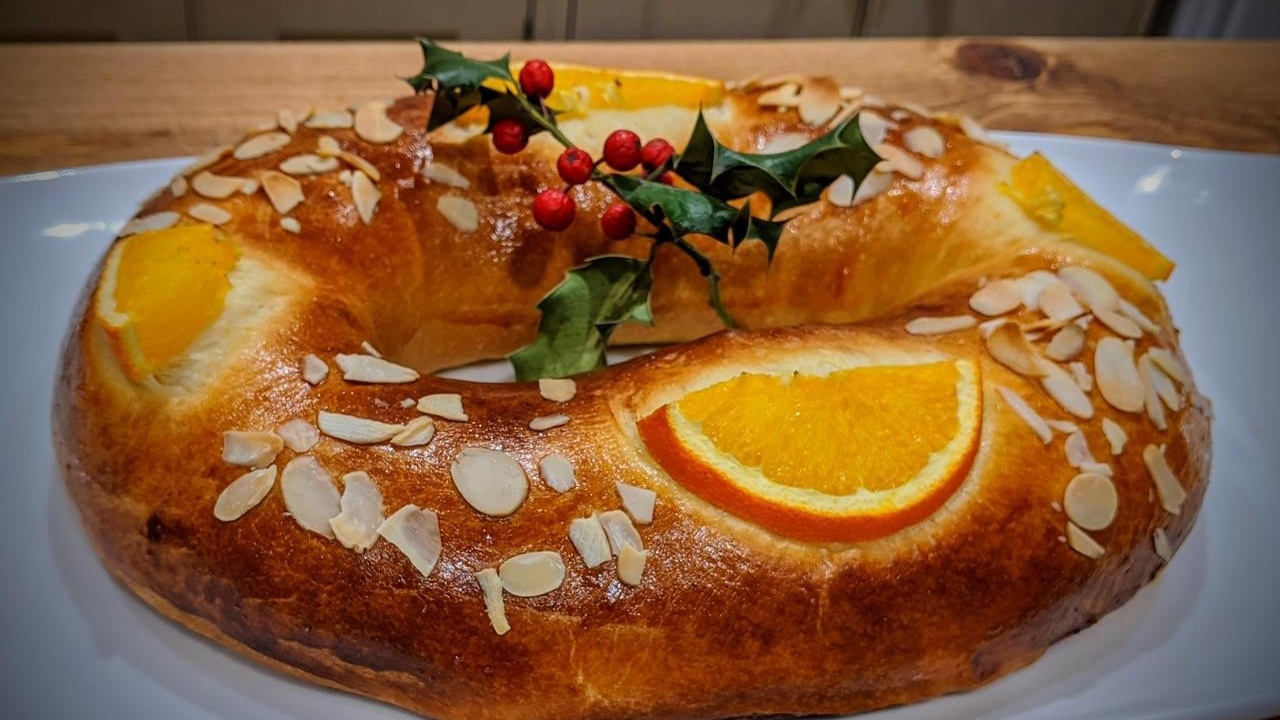🤧5 super useful expressions for when you have a cold!
Now that it's the cold season, it’s almost unavoidable to get a cold or something of the likes and the uncomfortable symptoms that come with it…
And while you’re going through it, there will likely be some talking about it whether with family, friends or even at work.
And this is such a great topic for small talk in Spanish too!
Because in Spain, people generally discuss their health and symptoms quite happily and openly. This is a bit of a cultural difference compared to other countries like the UK for example, but in Spain, as soon as there is a small degree of familiarity, people will happily talk about it… sometimes in a lot of detail! 😂
But even if you don’t want to discuss it in detail, it is very useful to know the most common phrases and expressions used in Spain when you have a cold. They will help you sound a lot more natural in Spanish!
Watch out though, because one of the most commonly used expressions is a false friend with English! (looks and sounds very similar, bu...
International Flamenco Day

This week saw “El día internacional del flamenco” (International Flamenco day), a celebration of one of the most well-known and popular Spanish dances now performed and enjoyed worldwide.
Flamenco is a beautiful art, with so much passion and energy that it continues to stand out as one of the most exciting art forms to witness today with its unique mixture of singing, guitar playing, dancing, hand clapping and finger snapping.
But if you’re planning to travel around Spain, you will rarely see or hear flamenco around you outside of Andalucia… In fact, most people won’t have a clue how to dance it!
People always ask me in the UK whether I dance flamenco and are surprised when I say... not at all! I probably know as much as they do! 😂
Because Flamenco is like paella, in that even though outside of Spain they’re seen as symbols of Spain and Spanish culture, within Spain they’re much more recognised as regional “specialities”.
Flamenco from Andalucía and Paella from the Valencia regi...
3 Wise Spanish Sayings!

Sayings or “refranes” in Spanish are short and commonly known popular expressions that have been passed through generations and offer timeless wisdom and morals.
Normally these phrases consist of a catchy rhyme or structure that makes them easy to remember. And as we’re heading into the colder season, there’s a Spanish saying that can be used not just about the weather, but as a positive outlook in life and it’s...
Al mal tiempo, buena cara (Literally: "When bad weather, good face")
This expression refers to keeping a positive attitude despite adversity. It’s not just “putting on a brave face”, but more an attitude of optimism and hope.
The equivalent in English would be “when life gives you lemons, make lemonade.” So while you may not be able to change the situation, you can definitely change your take on it.
👉Fun fact: The Spanish word “mal” (bad) can also be placed at the beginning of a word to change the meaning into something negative or undesirable. E.g. interpretar (...
Top wine regions to discover Spain

From North to South, East to West Spain is full of fantastic wine regions producing excellent varieties to cater for all tastes.
Touring these hotspots and sampling some of the best wines Europe has to offer as well as discovering the least known areas of Spain gives you an amazing opportunity to get to know the country at a much deeper level away from the costas.
And getting away from the beaten track would certainly help you develop your Spanish in an authentic way 🙌
If you enjoy exploring Spain and are a wine lover… I’m sure you’ll love this!
Most people know about Rioja wines, but not so many people are aware of other less known ones (here in the UK) which are truly outstanding as well.
In fact, the best voted vino tinto (not rojo!) in Spain in 2020 was a Ribera de Duero... But what is Ribera de Duero?
Ribera de Duero
River "Duero" goes across Northern Spain and its “Ribera” (the land next to the river) produces fantastic red wines. These wines are deeply colored, ...
Semana Santa

The Easter period in Spain is known as Semana Santa, or Holy Week, and events in many cities around the country truly last a whole week. In most of Spain, the bank holiday weekend goes from Thursday to Sunday, but some regions celebrate Easter Monday as well.
There are no Easter egg hunts and not much chocolate either (apart from the Catalonia region where, because of its proximity with France, chocolate eggs and figures are part of the traditions too). But for the rest of Spain, it's more about the religious side of the festival, filled with masses, processions and religious floats... Oh, and torrijas, we can't forget the torrijas!!!
Torrijas is the traditional dessert at Easter time. They’re slices of bread (normally leftover bread like baguette or ciabatta) soaked in milk, coated in egg and, thereafter, fried. Often comparted to French toast, you can add cinnamon, sugar or honey for a truly delicious bite.
But coming back to the main celebrations, the religious processions are t...
Receta de croquetas - Yum!

What's your favourite Spanish food? For us it’s quite difficult to just pick one, but a really popular dish in our house is croquetas.
Unlike English or French croquettes, Spanish croquetas are not potato filled, but rather, with a creamy bechamel or white sauce and a variety of other fillings like pollo (chicken), jamón (Spanish ham), bacalao (cod), espinacas (spinach), setas (mushrooms)... the choice is yours.
Traditionally, croquetas de pollo y jamón were the most common ones to find in bars and restaurants as tapas or appetizers, but these days you can find plenty of creativity inside a croqueta and find an incredible selection of fillings with different meats, fish, seafood, veg and even cheeses!
In many towns and cities there's a “ruta de la croqueta” where different bars and restaurants in an area offer a “croqueta speciality” and you pop in for a drink and a croqueta and move onto the next croqueta place!
And while we look forward to a few croquetas and a beer in a Spanish ...
Los Carnavales - The Carnivals

Spain has some wonderful festivals and traditions and Los Carnavales (The Carnivals) are one of the most fun celebrations across the country. They normally take place the week before lent, so dates vary every year.
This week is Carnival week in Spain and although most events and celebrations are not happening for obvious reasons this year, Los Carnavales is a festival worth being aware of for the future as streets fill with colour, music and contagious joy.
This celebration is all about humour, parody and costumes. It is celebrated across cities and towns in Spain and while each place has its own unique flavour of celebration, they all have something in common: to have a great time in the streets.
Carnivals in Cádiz (Andalusia), Santa Cruz de Tenerife, (Canary Islands) and Águilas (Murcia) have all been declared of International Tourist Interest.
Carnaval de Cádiz
Cádiz celebrates one of Spain’s biggest and best carnivals and everything is about humour and wit. Groups of troubado...
Cool Spanish Expressions

Learning a few Spanish phrases will definitely help you fit in with the locals and make you sound more natural and native.
Expressions are an excellent example of how rich a language is beyond the more formal and grammatically correct uses. They offer us insights into the culture of the people speaking that language and are an important part of its heritage.
Today I want to bring you a selection of some cool and commonly used expressions in Spanish:
- Meter la pata “To put one's foot in it” (To mess something up)
- Luis siempre mete la pata y dice algo inapropiado en las reuniones familiares… (Luis always messes up family meetings by saying something inappropriate)
- El mundo es un pañuelo “the world is a handkerchief” (small world)
- ¡Qué coincidencia, el mundo es un pañuelo! ( What a coincidence, small world!)
- Está para chuparse los dedos “It’s finger-licking good!”
- El bizcocho está para chuparse los dedos (The sponge cake is delicious)
- Hay 4 gatos “There...
Los pueblos más bonitos de España - The most beautiful villages in Spain

Have you got a favourite place in Spain? Perhaps it’s a city, a town or a tiny village in the middle of nowhere. Maybe it’s that beautiful coastal town, a mountain retreat or a medieval pueblo where you love having a drink and some tapas in a plaza or getting lost in its narrow and cobbled streets.
One of the things that really fascinates us about Spain is its diversity considering that it’s not a big country (for world standards). From North to South, East to West you can find huge differences in landscape, climate, gastronomy, people, architecture, customs and language!
Each region has plenty of unique character and endless opportunities to explore.
And away from big popular and well-known cities, there are plenty of little gems for a day out or a short stay. From stunning white-washed pueblos in the South, traditional medieval towns in the centre to picture perfect fishing and mountain villages in the North.
In all honesty, we couldn’t choose just one!
So, we’re bringing you ...
El día de Reyes - The day of the kings

¡Feliz día de Reyes! (Happy Kings Day!)
Today is “el día de Reyes”, one of the most magical and special days for children (and adults) in Spain. The day that we open our presents and eat the delicious "Roscón de Reyes". And as we bring closure to the long Spanish Christmas celebrations, it seems like the perfect day to reflect on how the magic happens.
As I was growing up, I was always fascinated by the English language. Whenever I was on a family holiday in the Spanish “costas”, I would really pay attention to those speaking English around me. I rehearsed imaginary conversations in my head with them and I dreamed of what it would be like to live their lives in their country. And of course, my idols and crushes when I was 13 were “New kids on the block”, “Jason Donovan” and Rick Astley! Lol
Anyway, back to 2021, my reflection would be that our wishes and our focus become our purpose and when we turn that into action… We make things happen!
As I grew older I discovered how passionat...


